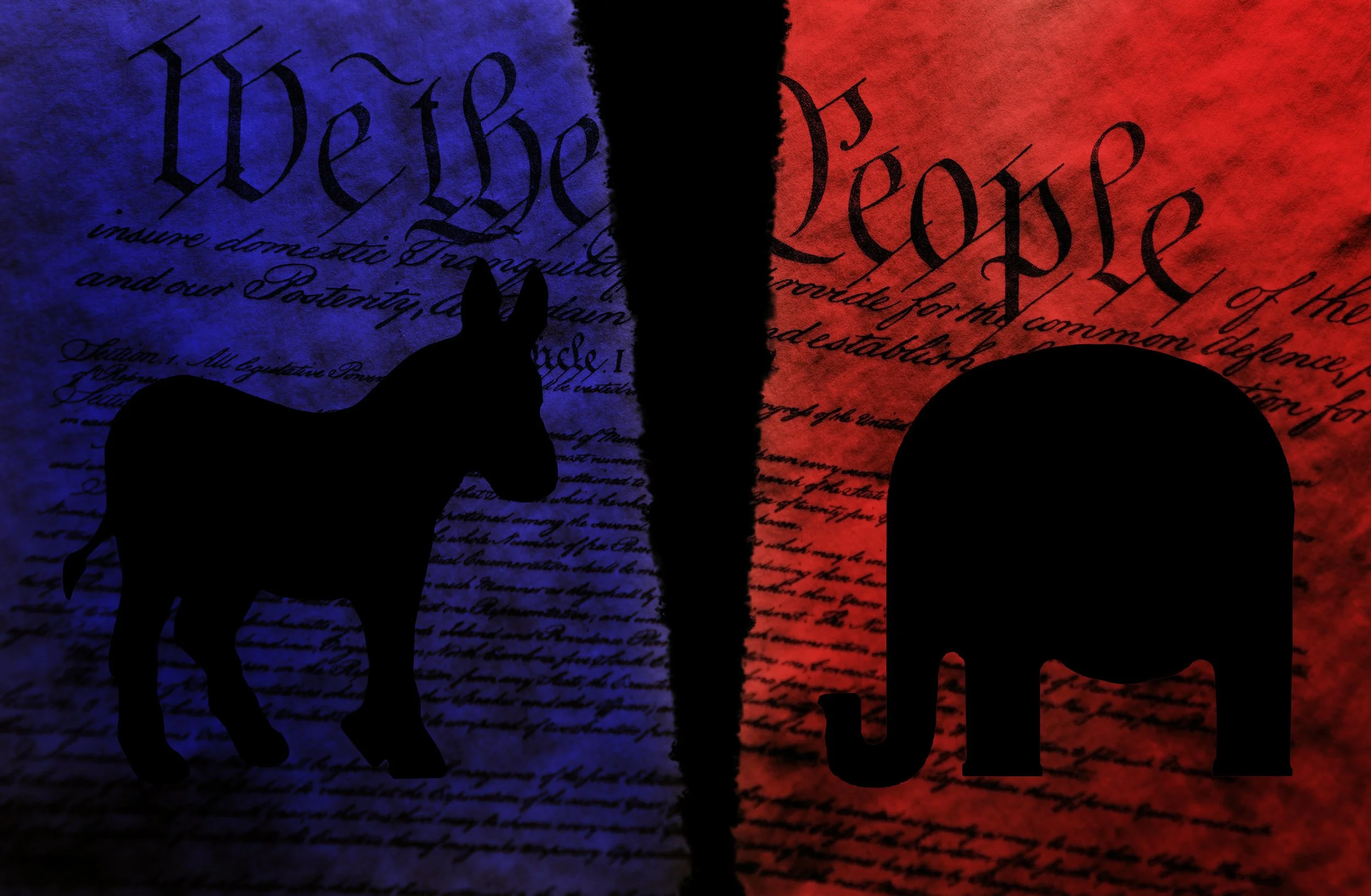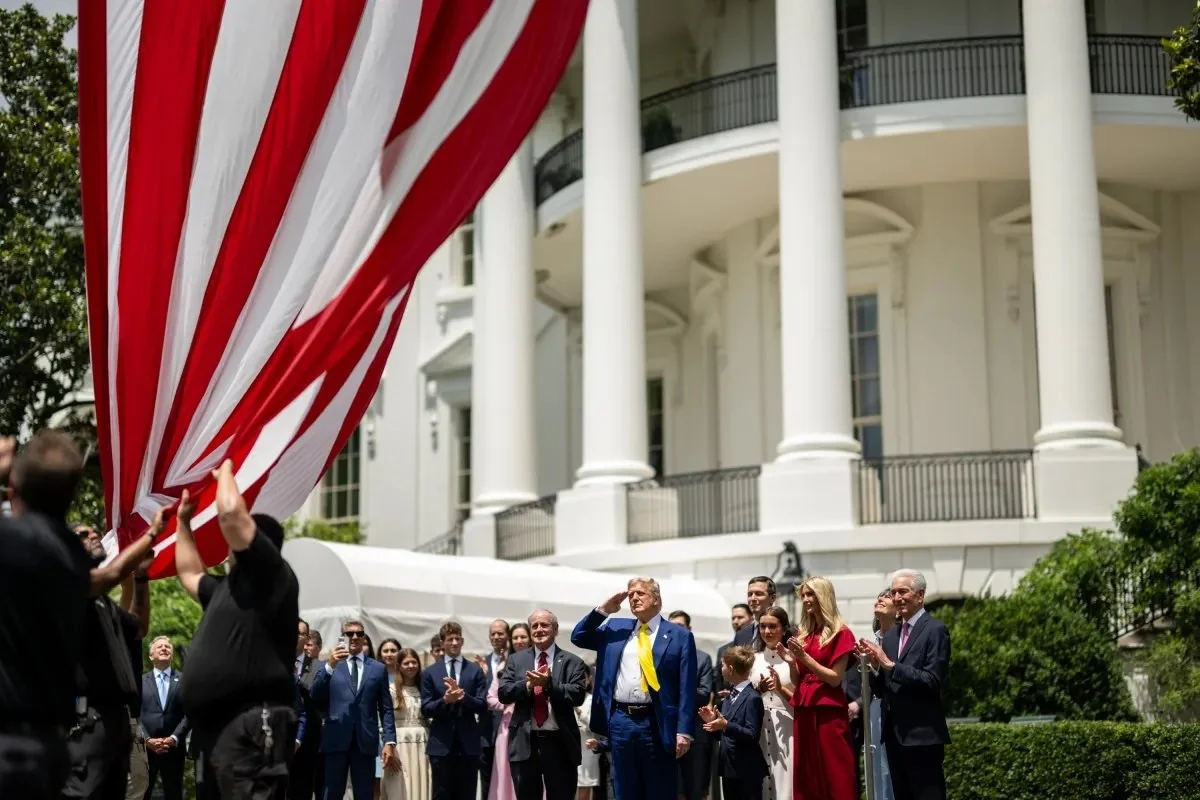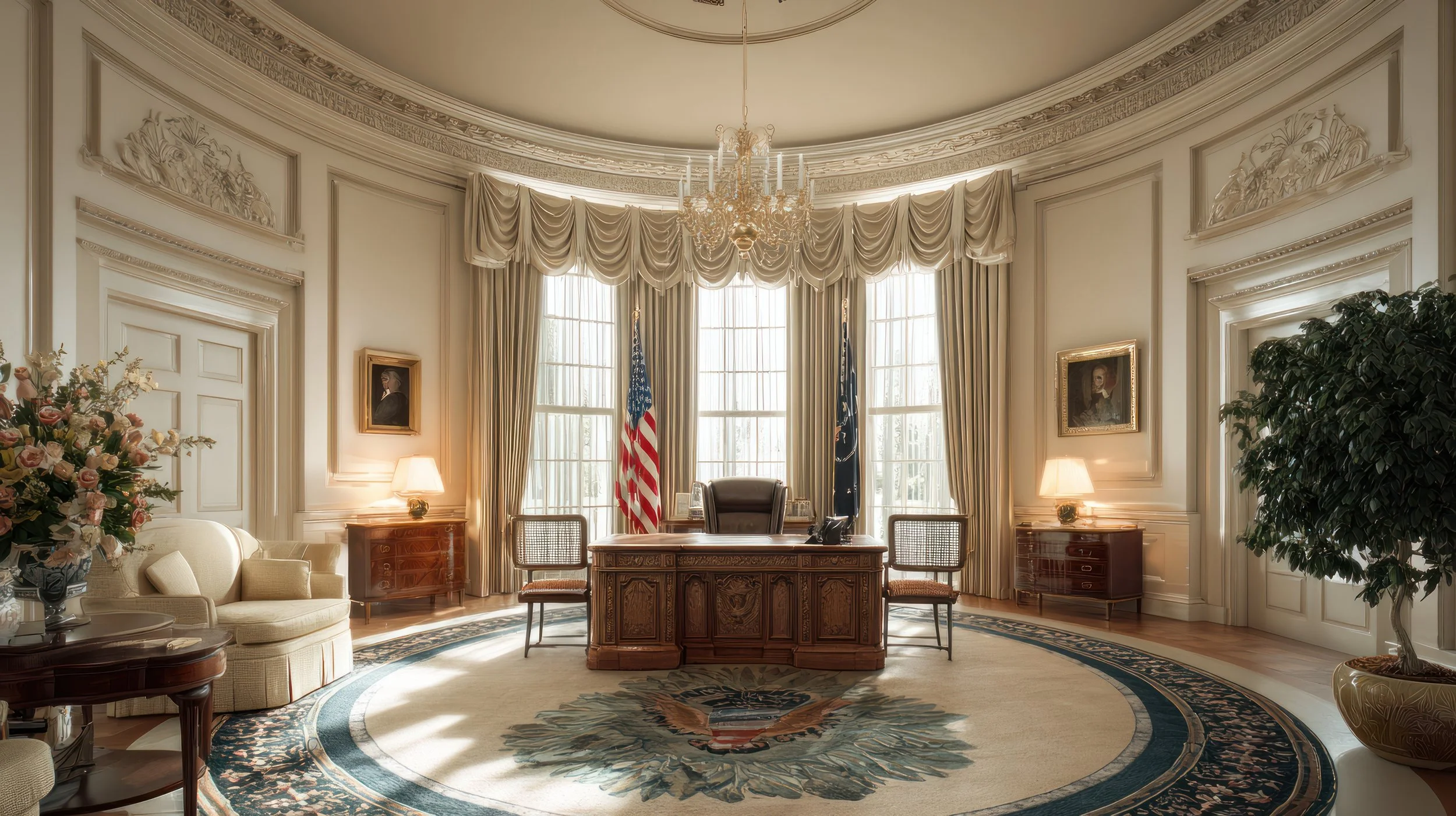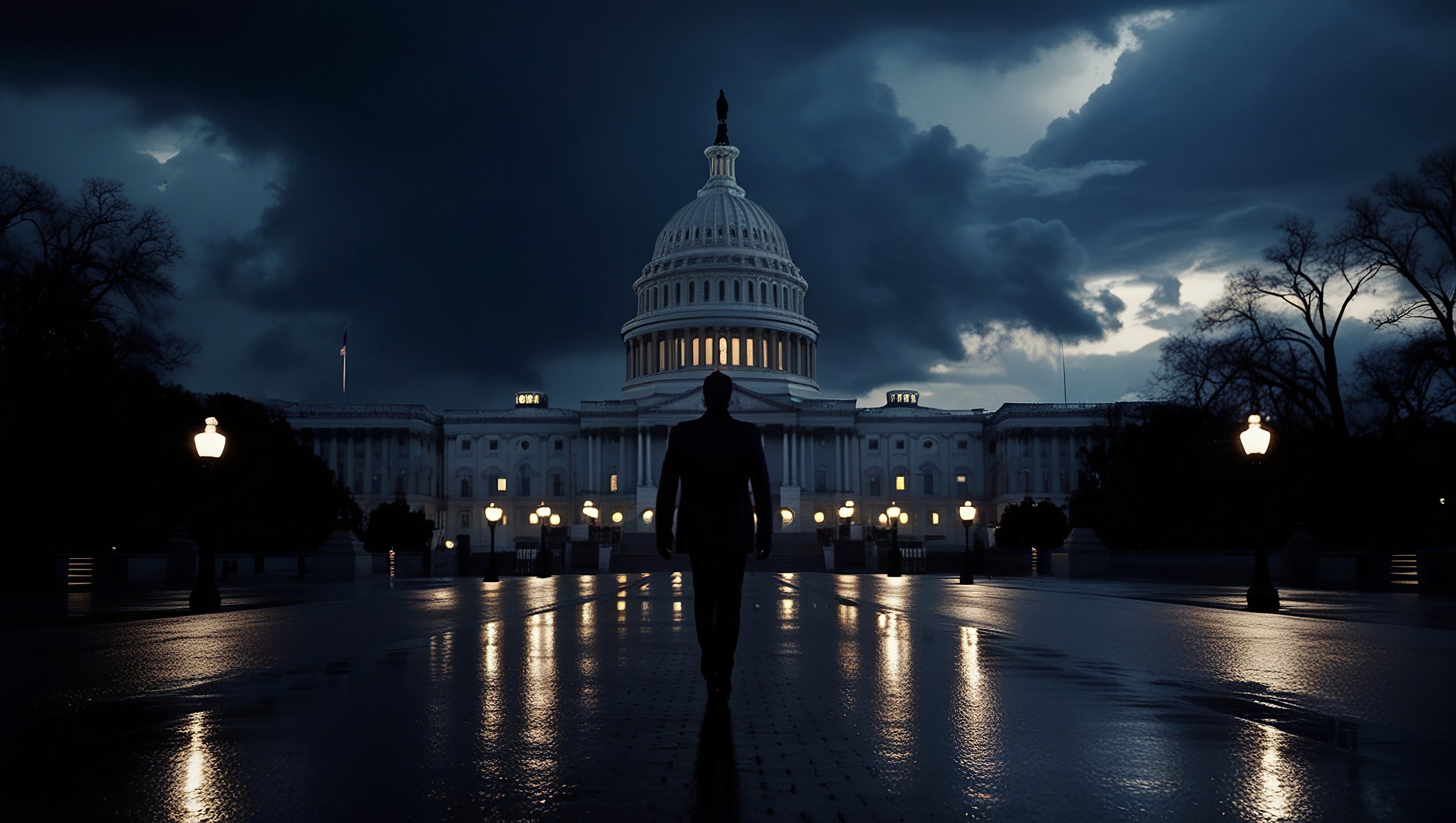An Extraordinary Week

By Team Thomas
Photo Credit: By zimmytws on Adobe Stock
in American Politics…
Rarely in modern history have so many consequential events collided in a single week. Each one alone would command front-page headlines. Together, they offer a portrait of a democracy under strain, a superpower recalibrating its role in the world, and a people asking whether their leaders still serve them, or only themselves.
This was no ordinary week. It was extraordinary.
Federal Power vs. Local Autonomy
In Washington, D.C., President Trump’s decision to assert federal control over the city’s police force jolted the nation. Under the banner of fighting crime and enforcing immigration law, the White House deployed the National Guard and directed cooperation with ICE. For D.C. residents, the move struck at something more profound than policing: the principle of home rule itself.
Mayor Muriel Bowser has pledged to resist what she calls a breach of democratic autonomy, setting the stage for a constitutional confrontation. At its core lies a defining question of American governance: Can the president override local self-determination in the very city that symbolizes democracy to the world?
Justice Delayed, Justice Delivered?
While troops marched in the capital, the Department of Justice agreed to hand over long-sought Jeffrey Epstein-related files to Congress. For years, whispers of powerful figures shielded from accountability have eroded trust in institutions. This week, lawmakers may finally gain access to documents that could confirm or dispel decades of suspicion.
The significance cannot be overstated. Epstein’s network of influence touched business, politics, and global elites. A full airing of those connections threatens reputations but also promises a test: whether America is capable of telling the truth about the powerful when the truth is ugly.
Complicating the moment further, President Trump named Missouri Attorney General Andrew Bailey as co-Deputy Director of the FBI - an overtly political appointment in a role once prized for independence. The timing was unmistakable. Even as sunlight begins to reach the shadows of Epstein’s world, the machinery of justice itself risks being pulled deeper into partisanship.
In this extraordinary week, Americans are forced to consider whether accountability is genuinely possible or whether justice remains negotiable when the powerful are involved.
The World Watches: Ukraine in the Balance
The extraordinary week did not stop at America’s shores. In the Oval Office, President Volodymyr Zelenskyy of Ukraine arrived with Europe’s top leaders in tow, pressing for a peace that could end Russia’s grinding war. Rumors swirl of concessions on Crimea, or autonomy in the Donbas, in exchange for security guarantees and reconstruction aid.
For Americans, the stakes are monumental. Will the U.S. stand for the principle that borders cannot be redrawn by force, or will it embrace a transactional peace that stabilizes the moment but alters the global order? The decision will shape not only Ukraine’s future but America’s credibility in defending sovereignty worldwide.
Tariffs, Debt, and the U.S. Credit Line
Amid the political and diplomatic drama, markets digested another headline: S&P affirmed America’s AA+ credit rating. The rationale was striking. Tariff revenues are shoring up the nation’s books, keeping creditors satisfied for now.
But is this a durable strategy or merely a stopgap? Tariffs may provide short-term ballast, but they also risk long-term strain on consumers, supply chains, and global relationships. Beneath the surface of economic optimism lies the question of sustainability. Can the U.S. finance its future on duties and trade wars, or is this fiscal patchwork masking deeper debt vulnerabilities?
The People’s Response: 50501 and Grassroots Fire
Across all 50 states, the “50501” movement roared to life with demonstrations against the Trump administration. Organizers claim it is the most significant decentralized civic action of the year. Detractors dismiss it as partisan theater. But its persistence is undeniable: tens of thousands of Americans, from college students to retirees, still believe their presence in the streets can shape policy and perception.
Whether it grows into a durable movement or fades into protest fatigue, 50501 signals one thing: the American people are not content to be spectators. Even in an age of disillusionment, civic energy burns.
The Week That Forces the Question
Taken together, these events reveal a nation at a crossroads. Executive power collides with local democracy. Justice reopens the darkest of scandals. Peace negotiations weigh principle against pragmatism. Economic resilience rests on tariffs. And citizens rediscover the power of their voices in public squares.
What kind of America emerges from such an extraordinary week? That answer will not come from the White House, or Wall Street, or even the halls of Congress. It will come from us, ordinary citizens deciding whether we still believe in the promise of a government of, by, and for the people.
This week was extraordinary, not because of who acted, but because of what it revealed: democracy itself is the question before us.




